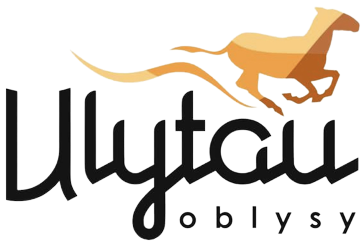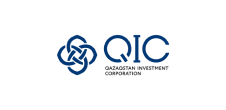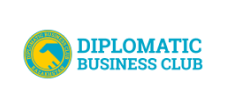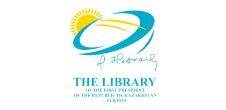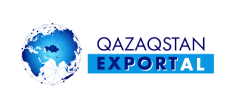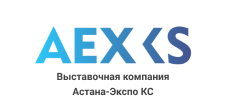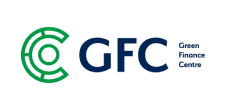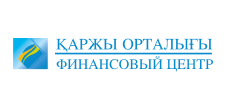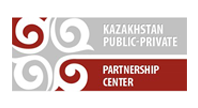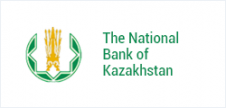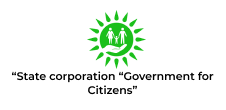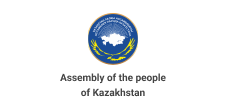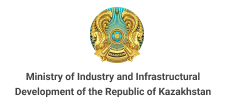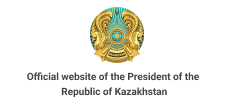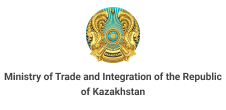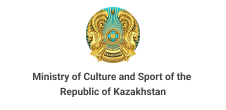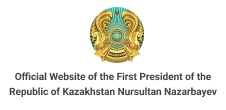Products
When the design capacity is achieved in 2029, the plant's production levels will be as follows: 2,700 tonnes of ferrous metal scrap, 675 tonnes of non-ferrous metal scrap, 6,075 tonnes of waste paper, 5,400 tonnes of glass fragments, 2,025 tonnes of PET bottles, 8,750 tonnes of PE granules, 2,000 tonnes of strapping tape, 100,000 tonnes of compost, and 108,000 tonnes of RDF-fuel.
All products are planned to be sold domestically.
Project
This investment project envisages the creation of a techno-eco park with capacity to process up to 500 thousand tonnes of solid domestic waste per year in Almaty Oblast’s Ili District. The techno-eco park will incorporate a waste processing with sorting lines, waste processing zones, and production lines to create alternative fuel, as well as 3 stations between the nearest villages in the Ili District for transferring waste.
The Spanish company IMABE IBERICA S.L., German companies HERBOLD, NAUE and STARLINGER, Italian company SOREMA & PREVIERO, as well as Austrian company EREMA have been chosen to supply equipment for the techno-eco park and waste transfer stations. A search is being carried out together with the Almaty Oblast Akimat to find a site for the plant.
Company
Recycle Management Company LLP was founded in 2020 to realize the Project of creating a techno-eco park. Under the leadership of the Chairman of the Supervisory Board, 3 waste processing plants were built in Kazakhstan.
Market
- At the end of 2022, Almaty and Almaty Oblast generated 452 thousand tonnes and 429 thousand tonnes of solid domestic waste, respectively. Solid domestic waste processing and reuse were at 18% in Almaty and 17% in Almaty Oblast. The Almaty development program for 2025 and average prospects for 2030 plan to increase the share of solid domestic waste processed to 32% in 2025 and 80% in 2030, and reduce waste generation at the source by 2030 to 10%.
- Advantageous location. Having the techno-eco park based in Almaty Oblast will help cover Almaty agglomeration consumer markets, where over 10 large and 38 medium-sized companies produce paper products, glassware, plastic items, and nonferrous metal building structures. The project's location will also ensure access to feedstock. The Almaty agglomeration generated over 800 thousand tonnes of solid domestic waste in 2022, ensuring sufficient reserves to feed a waste processing plant at full capacity.
- Ecological aspects. Only 25.4% of solid domestic waste in Kazakhstan is currently processed, with the majority of it, roughly 74%, sent to landfill sites. In 2022, Kazakhstan recycled and buried a total of 2.6 million tonnes of waste, of which Almaty Oblast was responsible for 408 thousand tonnes. An effective solid domestic waste processing programme will help prevent mixed waste entering landfill sites and unsanctioned dumps, reduce the size and area of solid domestic waste burial sites, at the same time reducing ecological risks.
The Project requires an investment of 69,737 thousand USD (at the rate of 449.2 tenge), of which:
- 80% (55,790 thousand USD) - debt financing from JSC Zhasyl Damu;
- 20% (13,947 thousand USD) – investor participation.
